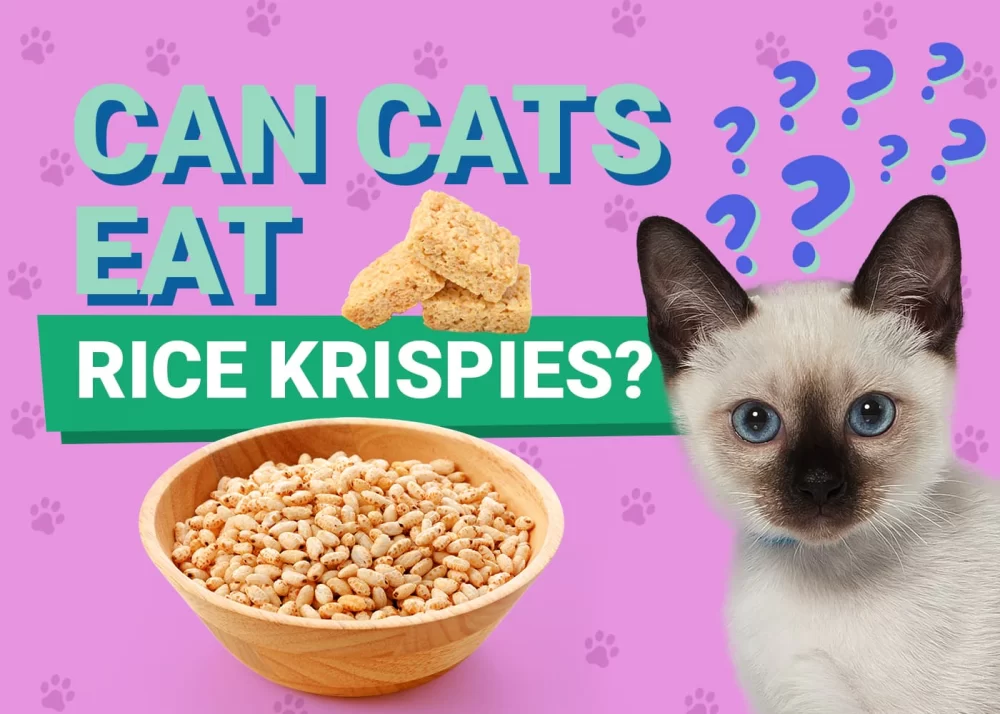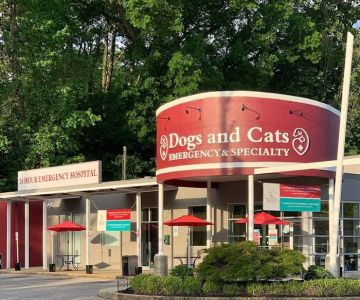Can Cats Eat Cereal? Understanding the Safety of Cereal for Cats
If you're a cat owner, you might have found yourself wondering if it's safe to share your cereal with your furry friend. After all, many of us enjoy a bowl of cereal for breakfast, and it's tempting to offer a small portion to your cat. But can cats actually eat cereal? Is it safe for them, and are there any nutritional benefits? Let’s explore these questions and provide some important insights into feeding cereal to cats.
What is Cereal Made Of?
Cereal, in its most basic form, is typically made from grains such as wheat, corn, rice, or oats. Many cereals also contain added sugars, artificial flavors, and preservatives to enhance taste and shelf life. Depending on the type of cereal, there may also be added milk or fruit. While grains and carbohydrates can be part of a human diet, they are not the primary source of nutrients for cats, who are obligate carnivores. This means that their bodies are designed to thrive on animal-based proteins and fats rather than plant-based foods like cereals.
Is Cereal Safe for Cats?
The short answer is yes, in small amounts, plain cereal can generally be safe for cats. However, there are important considerations when deciding whether or not to feed cereal to your cat. It is essential to understand that cereal should never replace a balanced cat food diet, which is specially formulated to meet a cat’s nutritional needs.
1. Cereal as a Treat: Moderation is Key
If you want to give your cat a little taste of your cereal, moderation is key. A small, occasional amount of plain cereal (without any added sugars, artificial flavoring, or milk) can be an acceptable treat for your cat. However, it should never replace their primary food source. Cereal is not nutritionally complete for cats, and excessive amounts of carbohydrates can lead to digestive issues, obesity, or other health concerns.
2. Avoid Sugary or Flavored Cereals
While plain cereals may be okay in small amounts, cereals that are flavored or contain added sugars should be avoided entirely. Many commercial cereals contain high levels of sugar, artificial sweeteners, and other additives that are not healthy for cats. These ingredients can lead to a host of health problems, including obesity, diabetes, and even gastrointestinal upset. It’s essential to ensure that any cereal you offer is free from these harmful additives.
The Nutritional Needs of Cats
Cats have very specific dietary needs that are different from humans. They are obligate carnivores, which means their bodies require animal-based proteins to thrive. A balanced diet for a cat should be rich in high-quality protein, fats, vitamins, and minerals, with very little reliance on carbohydrates.
1. Protein and Fats are Essential
Cats require protein for muscle growth and energy, and fats are a critical source of calories. Cereal is not a significant source of either of these essential nutrients. While grains like oats and rice may provide some carbohydrates, they are not nutritionally ideal for cats who require animal-based proteins to stay healthy.
2. Lack of Nutrients in Cereal
Cereal is not a well-rounded source of nutrition for cats. It lacks the essential amino acids that cats need, such as taurine, which is found in animal tissues. Without proper nutrition, a cat's health can suffer, leading to a variety of issues like poor coat condition, digestive problems, and even heart disease. That's why it's important that cereal only be given in small amounts, as an occasional treat, and never as a substitute for a proper cat food diet.
Common Risks of Feeding Cats Cereal
Although cereal can be safe for cats in moderation, there are some potential risks to keep in mind when feeding it to your pet.
1. Digestive Issues
One of the most common issues cats face when eating cereal is digestive upset. Cats have a short digestive tract that is designed to process high-protein, animal-based foods. Cereal, being high in carbohydrates and fiber, can be difficult for cats to digest, especially if they are not used to it. Feeding cereal in large quantities can result in bloating, gas, and diarrhea, which can cause discomfort for your cat.
2. Weight Gain and Obesity
Another concern when feeding cereal to cats is the potential for weight gain. Many cereals are high in carbohydrates, and if fed regularly, they could contribute to an excessive calorie intake. Cats that are overweight are at risk for a variety of health problems, including diabetes, joint issues, and heart disease. It's important to keep treats like cereal to a minimum and ensure that your cat's primary food source provides the proper balance of nutrients they need.
3. Dairy Sensitivity
Some cereals may be served with milk, which can be problematic for cats. Many cats are lactose intolerant, meaning they cannot properly digest dairy products. If you offer your cat cereal with milk, they may experience stomach cramps, diarrhea, or vomiting. Always be sure to offer cereal without milk, and consider avoiding any dairy products in your cat's diet if they have shown sensitivity.
What to Do if Your Cat Eats Cereal
If your cat eats a small amount of cereal, there is usually no need to panic. As long as the cereal is plain and free from added sugars or harmful ingredients, it should not cause immediate harm. However, if your cat consumes a large amount of cereal or a cereal that contains harmful ingredients like chocolate, raisins, or artificial sweeteners, it’s important to contact your veterinarian immediately.
Signs to Watch For
If your cat shows any of the following signs after eating cereal, it's a good idea to contact your vet:
- Vomiting or diarrhea
- Lethargy or lack of appetite
- Signs of abdominal pain or discomfort
- Excessive thirst or urination
These signs could indicate that your cat is experiencing digestive upset or a reaction to something harmful in the cereal. In such cases, prompt veterinary attention is crucial to ensure your cat's health and well-being.
Alternatives to Cereal for Treating Your Cat
Instead of offering cereal, there are many other healthy and safe treats you can give to your cat. Look for high-quality cat treats that are rich in protein and free from harmful ingredients like sugar or artificial additives. You can also offer small amounts of cooked chicken, turkey, or fish, as well as cat-friendly vegetables like carrots or peas. These options are more aligned with your cat's natural dietary needs and will be far more beneficial to their health than cereal.
If you're unsure about what treats are safe for your cat or need advice on their diet, consult with your veterinarian. They can guide you in choosing the best food and treats to keep your cat healthy and happy.
If you are concerned about your cat's diet or nutrition, Hidden Brook Veterinary offers expert advice on maintaining your pet's well-being. Our team can help guide you in choosing the best foods and treats for your cat’s specific needs.












